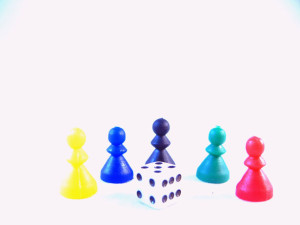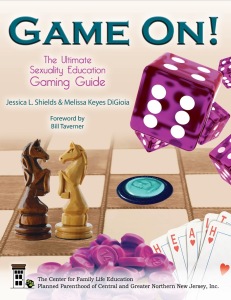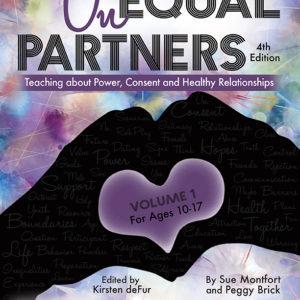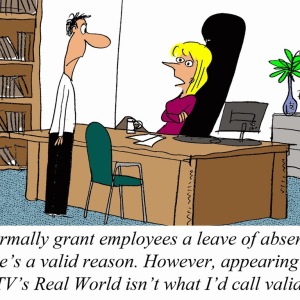 It’s a game week again! I’m almost half way through Game On!, which is both exciting and a little sad. It feels like it’s going to be a good week when I dive into this little manual, looking for something that will engage, educate, and enliven my sex ed classrooms!
It’s a game week again! I’m almost half way through Game On!, which is both exciting and a little sad. It feels like it’s going to be a good week when I dive into this little manual, looking for something that will engage, educate, and enliven my sex ed classrooms!
I have mostly focused on the front of the manual so far (not intentionally, just how it happened), so this week I’m going to round out the first half of the manual. First up, the Healthy 7 Card Game. (Appropriately, although somewhat surprisingly, this game starts on page 7 of the manual.) This game is designed to support emotionally, sexually, and psychologically healthy relationships for teenagers. It is based on HERR: honest, equality, respect, and responsibility.
HEALTHY 7 CARD GAME
OBJECTIVES:
By the end of the session, participants will be able to:
- Identify healthy and unhealthy behaviors in a relationship.
- Explain why a given behavior is a healthy or unhealthy aspect of a relationship.
- List seven desired healthy relationship qualities.
RATIONALE:
According to recent data from the Centers for Disease Control and Prevention, about 10% of adolescents report physical violence by a boyfriend or girlfriend. Regrettably, teen dating violence has been associated with poor school performance, depression, suicide, and future victimization.2 It is important that young people are aware of the qualities of healthy and unhealthy relationships so that they can establish healthy relationships and avoid, recognize, or get assistance to leave unhealthy relationships. In Healthy 7, participants will learn that honesty, equality, respect, and responsibility are four core qualities of healthy relationships. They will also play a card game that will allow them to examine healthy and unhealthy qualities.
The game comes with a deck of cards (that you can copy out of the manual or print directly from the Sex Ed Network!) that you deal out to players. The game players are looking for a handful of healthy relationship characteristics. Instructions invite players to discard unhealthy parts of a relationship, talk about why they’re unhealthy, and then draw new cards. Discussion questions that follow the game are along the lines of: ‘Which statements were healthy/unhealthy? Why?’ and ‘If a friend were in an unhealthy relationship, what would you recommend they do?’
This game feels like a great introduction to the topic of relational violence. It provides a relatively low-key, small-group entrance into conversations about issues like ‘You’re afraid to bring up the subject of birth control and condoms’ and ‘You keep the relationship because it’s better than being alone.’ These kinds of issues can feel oppressive in a classroom, especially when they are not countered with positive statements like ‘You feel closer to the person as time goes on’ and ‘You feel energized being with the person.’
I would probably pair this activity with the Pink song and video. Try to get a conversation going after the game.






